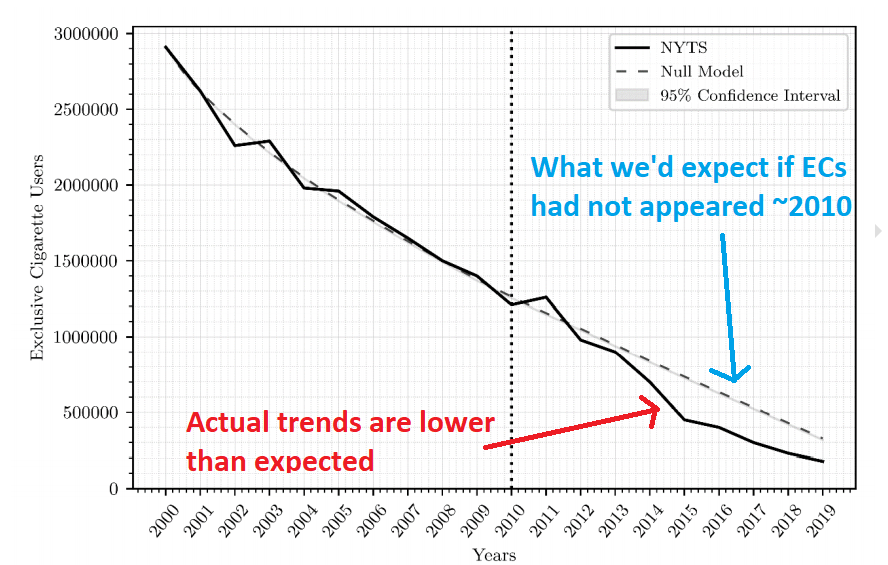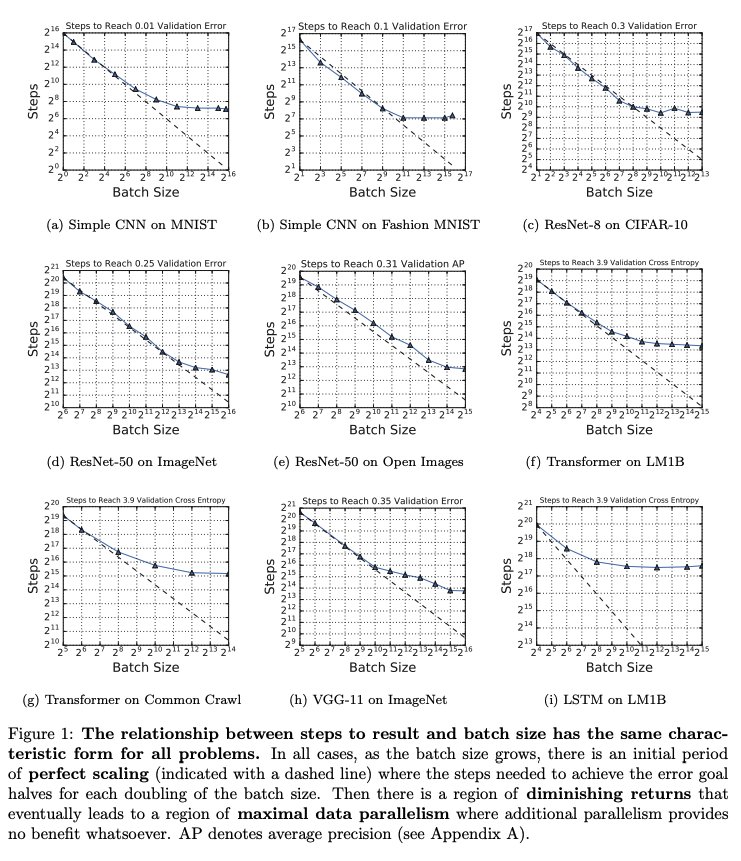Texas has the second-largest pool of nonvoting people of color (after already blue CA), and the numbers of potential voters of color far exceeds the margin of difference in statewide elections. https://t.co/ynM1NNQZ8t
While @staceyabrams credits me & my wife w/ investing in GA "before it was logical," the signs were there if you knew what to look for. The question now is who's next?
In my latest for @thenation, I point to 4 factors for turning a red state blue. THREAD
Texas has the second-largest pool of nonvoting people of color (after already blue CA), and the numbers of potential voters of color far exceeds the margin of difference in statewide elections. https://t.co/ynM1NNQZ8t
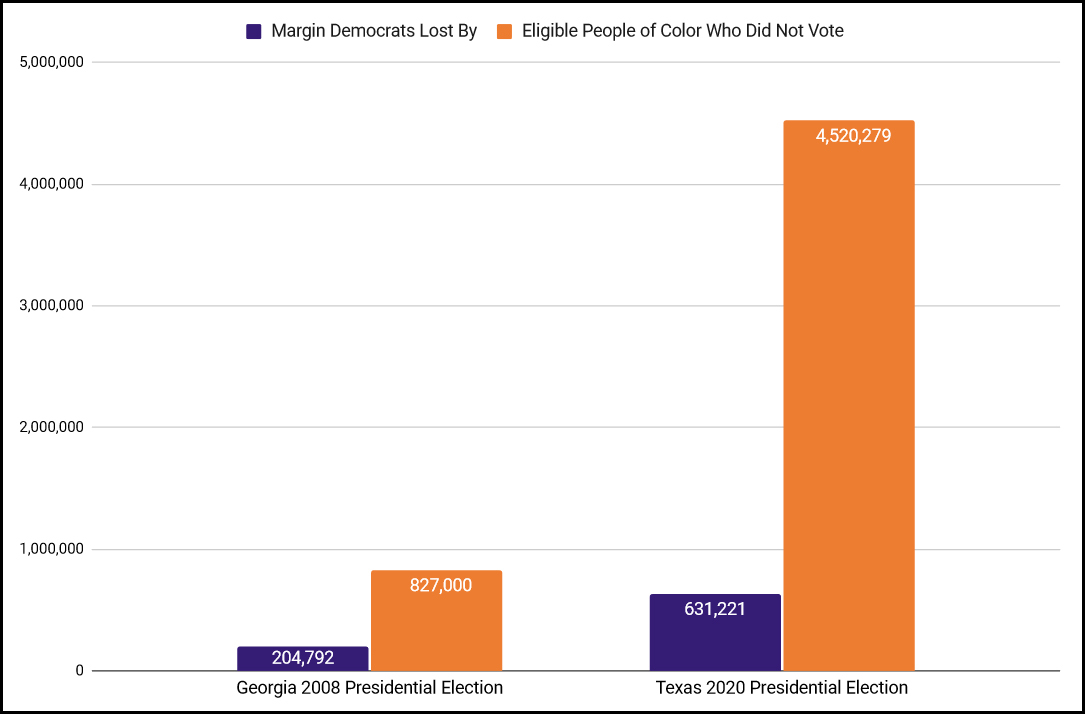
Leaders who combine personal humility with indomitable will and are "infected with an incurable need to produce results" for the cause. https://t.co/8RPWCdy4VU
@OrganizeTexas has done comparable work to @NewGAProject for some time, w/ a membership of over 250K people.
In 2020, they turned out over 300K infrequent voters of color who didn't vote in 2016. https://t.co/ynM1NNQZ8t
As GA runoffs showed, w/o Trump & his cult-like following, R turnout is less visceral, making a TX gubernatorial win in 2022 a possibility.
In 2012, @staceyabrams's PAC GeorgiaNext raised $54K. In 2020, her org @fairfightaction raised $90 MILLION.
There are talented & effective POC orgs across country and with proper funding, they can change the world as we just saw in Georgia. https://t.co/ynM1NNQZ8t
But w/ a budget of $5 million, orgs like @OrganizeTexas are woefully underfunded.
Donors should see to it that they add a "0" to that number. https://t.co/ynM1NNQZ8t
At least $200 million of that should be flowing into Texas. https://t.co/ynM1NNQZ8t
Texas is poised to build on that model and continue the revolutionary work of transforming America into the multiracial democracy that it aspires to be." https://t.co/ynM1NNQZ8t
More from Society
We finally have the U.S. Citizenship Act Bill Text! I'm going to go through some portions of the bill right now and highlight some of the major changes and improvements that it would make to our immigration system.
Thread:
First the Bill makes a series of promises changes to the way we talk about immigrants and immigration law.
Gone would be the term "alien" and in its place is "noncitizen."
Also gone would be the term "alienage," replaced with "noncitizenship."
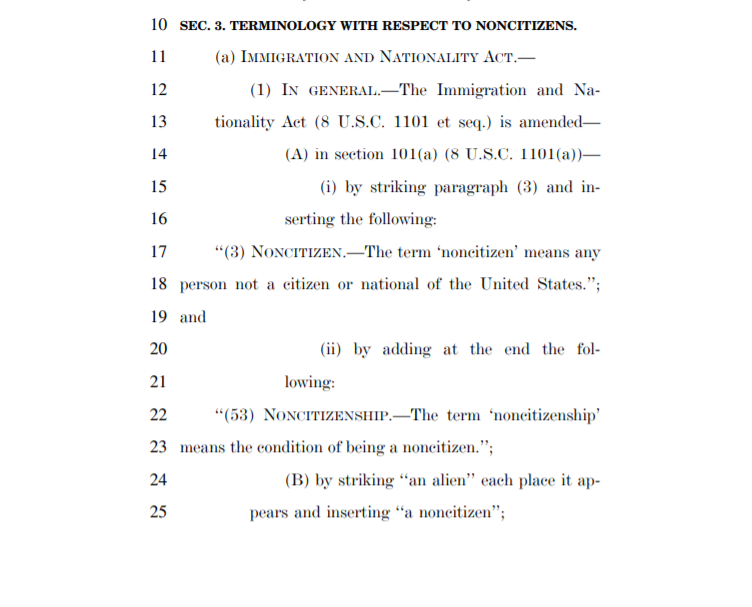
Now we get to the "earned path to citizenship" for all undocumented immigrants present in the United States on January 1, 2021.
Under this bill, anyone who satisfies the eligibility criteria for a new "lawful prospective immigrant status" can come out of the shadows.
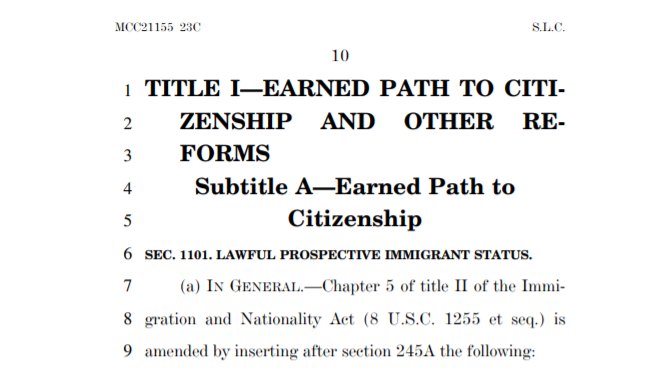
So, what are the eligibility criteria for becoming a "lawful prospective immigrant status"? Those are in a new INA 245G and include:
- Payment of the appropriate fees
- Continuous presence after January 1, 2021
- Not having certain criminal record (but there's a waiver)
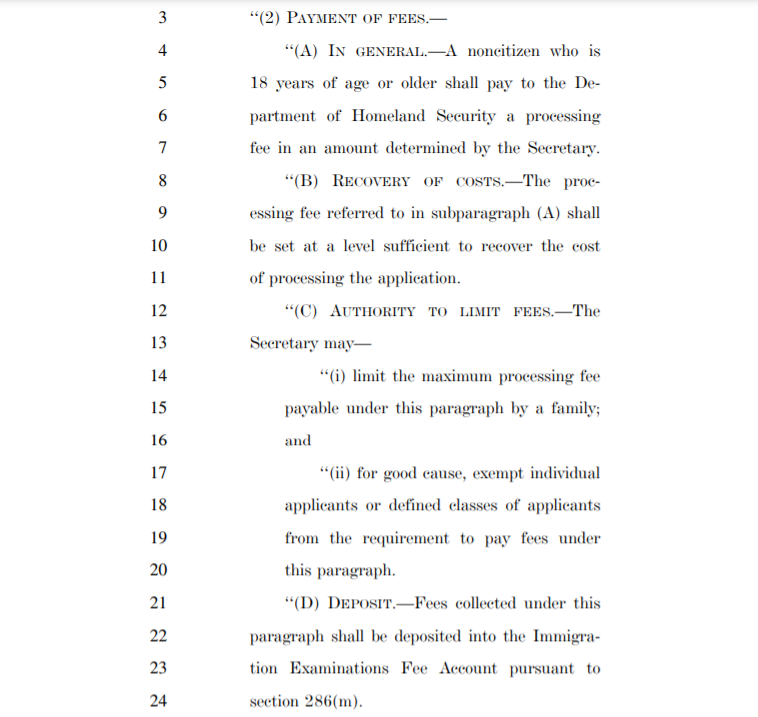
After a person has been in "lawful prospective immigrant status" for at least 5 years, they can apply for a green card, so long as they still pass background checks and have paid back any taxes they are required to do so by law.
However! Some groups don't have to wait 5 years.
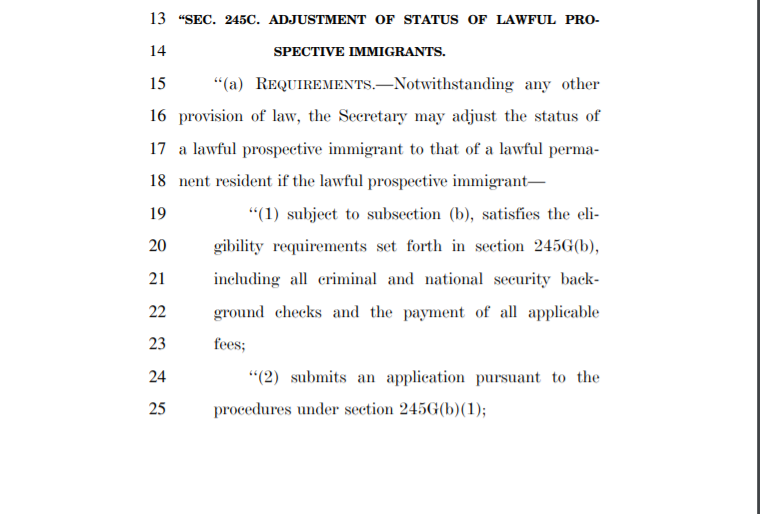
Thread:
The immigration bill text is out!
— Nicole Narea (@nicolenarea) February 18, 2021
Senate version: https://t.co/aJUmtVW6Ir
House version: https://t.co/JMKjQaDi04
Excuse me while I go at this with a highlighter.
First the Bill makes a series of promises changes to the way we talk about immigrants and immigration law.
Gone would be the term "alien" and in its place is "noncitizen."
Also gone would be the term "alienage," replaced with "noncitizenship."

Now we get to the "earned path to citizenship" for all undocumented immigrants present in the United States on January 1, 2021.
Under this bill, anyone who satisfies the eligibility criteria for a new "lawful prospective immigrant status" can come out of the shadows.

So, what are the eligibility criteria for becoming a "lawful prospective immigrant status"? Those are in a new INA 245G and include:
- Payment of the appropriate fees
- Continuous presence after January 1, 2021
- Not having certain criminal record (but there's a waiver)

After a person has been in "lawful prospective immigrant status" for at least 5 years, they can apply for a green card, so long as they still pass background checks and have paid back any taxes they are required to do so by law.
However! Some groups don't have to wait 5 years.









